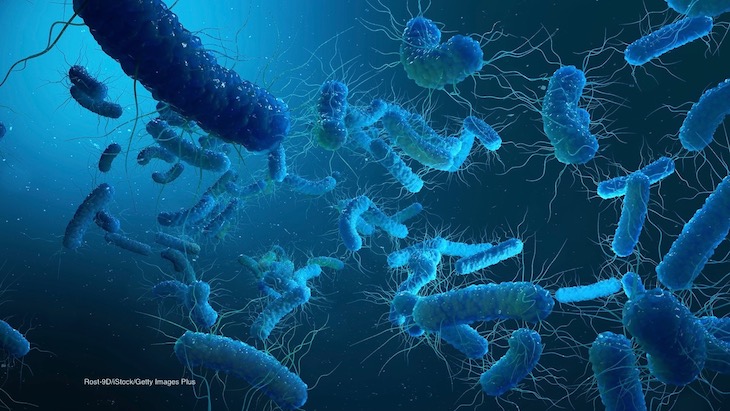The E. coli O26 outbreak that was associated with Cafe Mario at the Nintendo of America campus in Redmond, Washington state is over and is unsolved, according to the King County Health Department. The outbreak, which happened in 2018, sickens 22 people who developed symptoms consistent with a Shiga toxin-producing E. coli (STEC) infection.

All 22 patients work at the Nintendo of American campus and all ate food from Cafe Mario on several days before they got sick. Four patients also ate at I Love Sushi, an establishment that operates out of Cafe Mario once a week.
The outbreak appears to be over. After a thorough investigation was conducted by public health officials, there is not enough evidence to connect I Love Sushi to the outbreak.
The 22 patients got sick between June 11 and July 5, 2018. They experienced bloody diarrhea and abdominal cramps, which are consistent with a STEC infection.
There were two more people from King County who were sickened with the same strain of E. coli as the cases associated with Cafe Mario. But those patients had no connection to Cafe Mario or Nintendo, and no other potential sources of exposure in common with the rest of the patients. Those two are not included in the overall case count.
Cafe Mario was inspected by public health officials on July 3, 2018. Possible risk factors for cross-contamination were identified, including improper hand washing procedures and improper cold holding temperatures of food. Environmental swabs were collected and all came back negative for STEC. Cafe Mario was closed on July 5, 2018 for cleaning and disinfection. Any processed ready-to-eat foods were discarded.
Investigators did not find any ill employees who had a recent diarrheal illness. Investigators reviewed the Washington state Retail Food Code with management that employees are not allowed to work if they are experiencing vomiting or diarrhea.
Four of the 22 patients tested positive for E. coli O26 with the same genetic fingerprint. The remaining patients were not tested, but their symptoms are suggestive of an E. coli infection.




